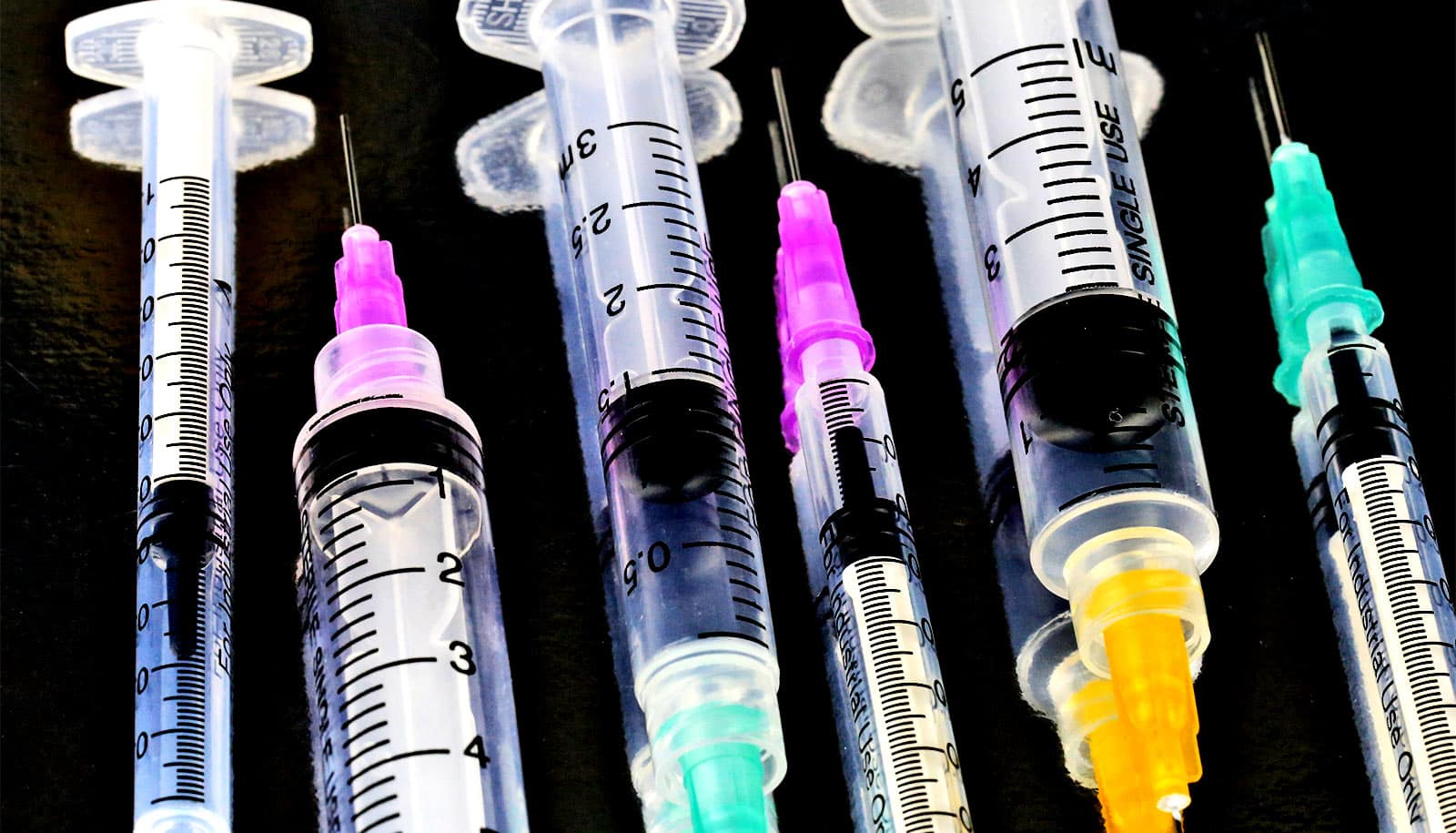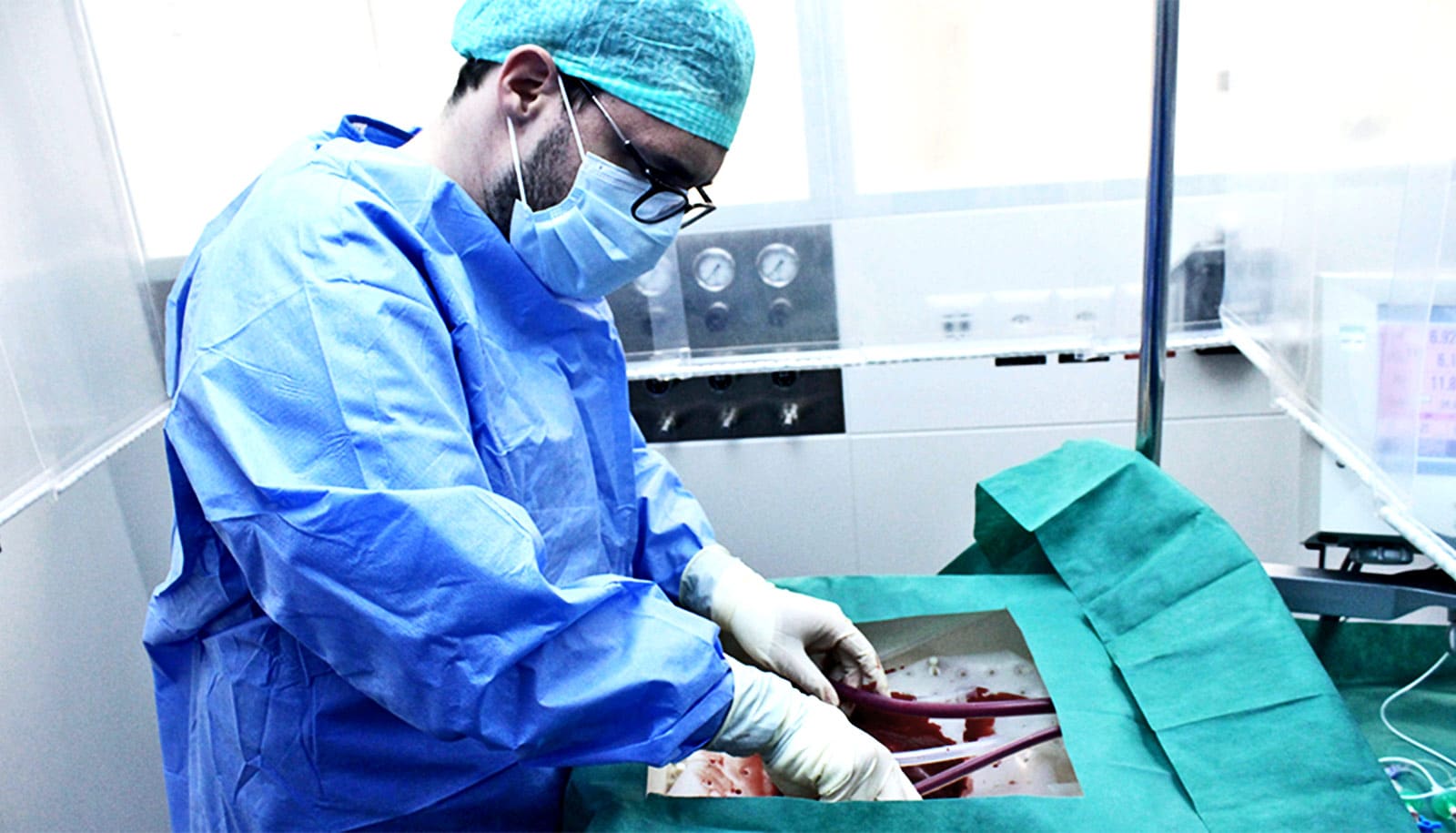Vitamin E can safely treat a type of fatty liver disease that commonly affects patients with HIV, a small pilot study shows.
Nonalcoholic steatohepatitis (NASH) is a severe form of nonalcoholic fatty liver disease (NAFLD) characterized by liver inflammation and cell damage. It’s a potentially dangerous condition that can progress to cirrhosis or liver cancer.
“Vitamin E has been shown to improve fatty liver in the general population,” says lead author Giada Sebastiani, associate professor in the medicine department at McGill University and scientist at the Research Institute of the McGill University Health Centre.
“Here we provide evidence for its beneficial effect and safety in people living with HIV, who have a higher prevalence of fatty liver disease.”
NAFLD currently affects up to 48% of Canadians living with HIV and 25% of the general population, while NASH affects about one third of patients with NAFLD, Sebastiani says. There are several theories to explain the high prevalence of fatty liver among HIV-positive patients, she says.
“It is possibly due to HIV-related inflammation, the antiretroviral drugs that they have to take lifelong, and to very frequent metabolic problems, such as diabetes and high lipids. Unfortunately, there is no approved therapy for fatty liver in people living with HIV,” Sebastiani says.
In the study, researchers gave 27 patients with HIV and NASH vitamin E in an easily-tolerated dose of two pills per day.
“We found that vitamin E improved both liver transaminases (the main blood tests for liver function) and liver fat measured by a non-invasive ultrasonographic test,” Sebastiani says. “These improvements were even more marked than those reported in the HIV-uninfected population.”
Although she suspected vitamin E would reduce inflammation and fat in the HIV-positive group, she says she the size of the effect was a pleasant surprise.
Sebastiani notes the study was small with a short follow-up (24 weeks), and no control group. so researchers consider it a pilot project. “We would be interested in conducting a larger randomized controlled trial, with a longer follow-up,” she says.
The study appears in the journal AIDS.
Source: Gillian Woodford for McGill University



